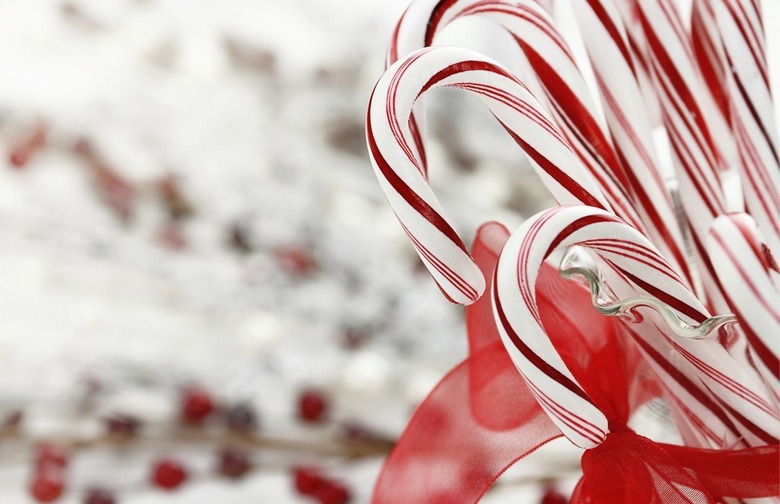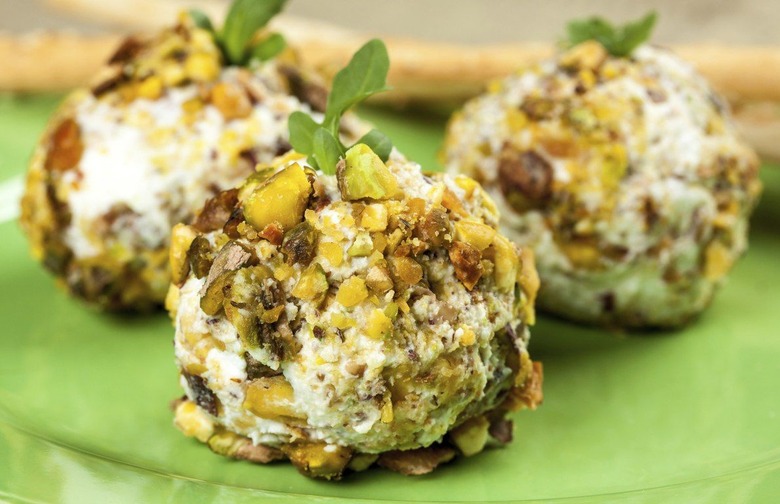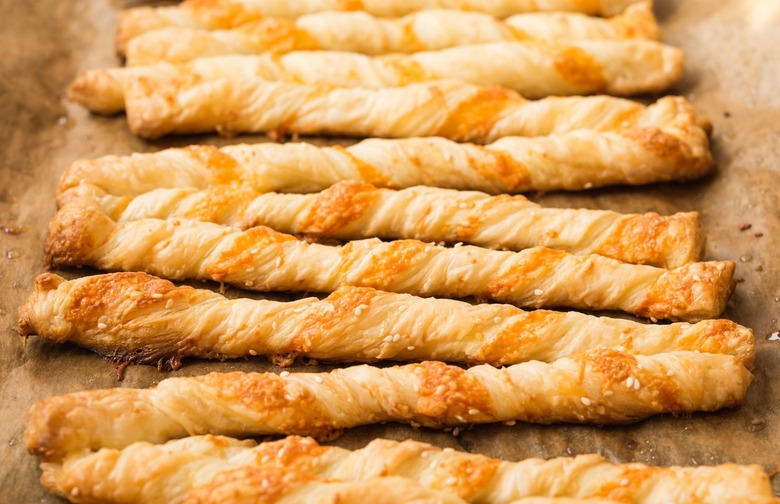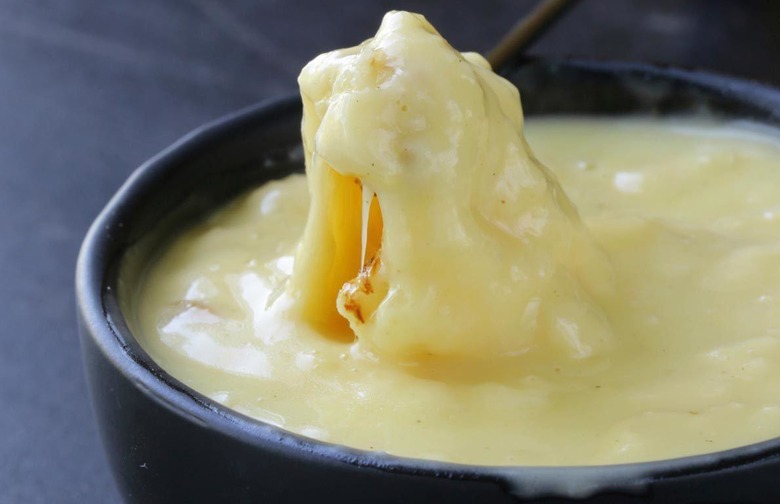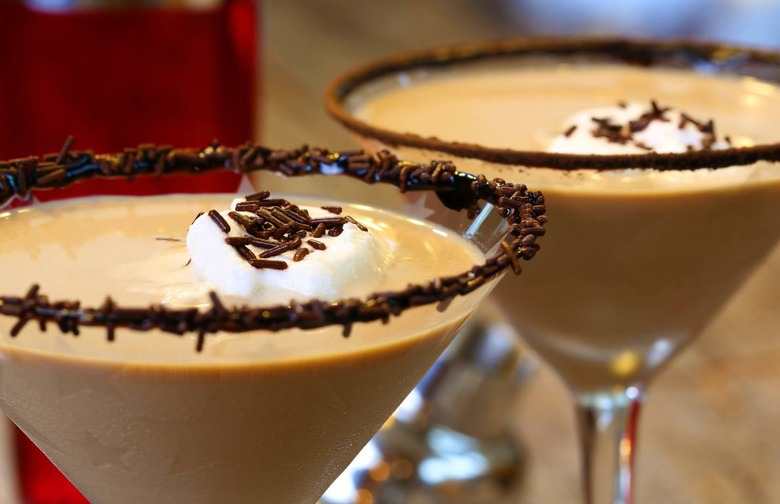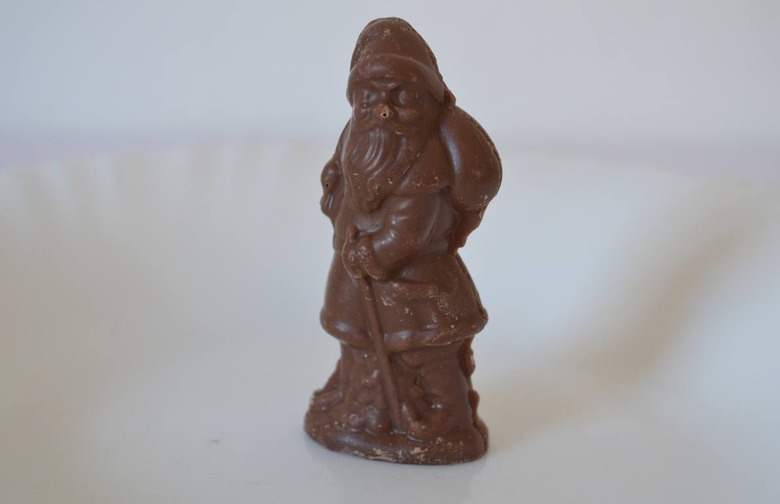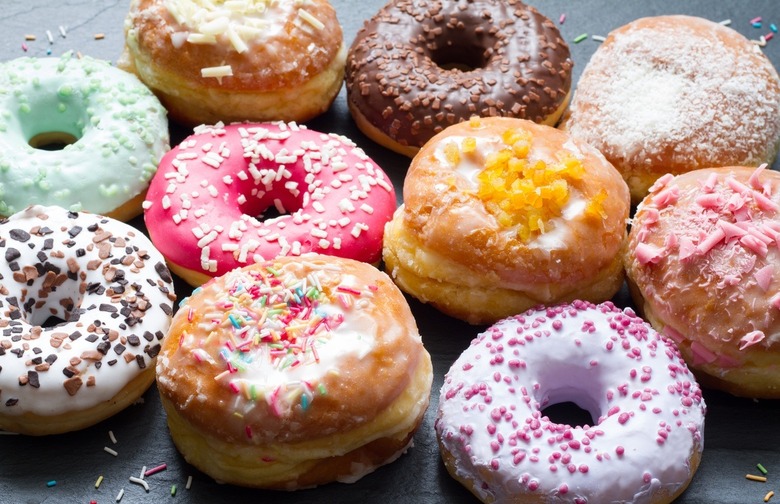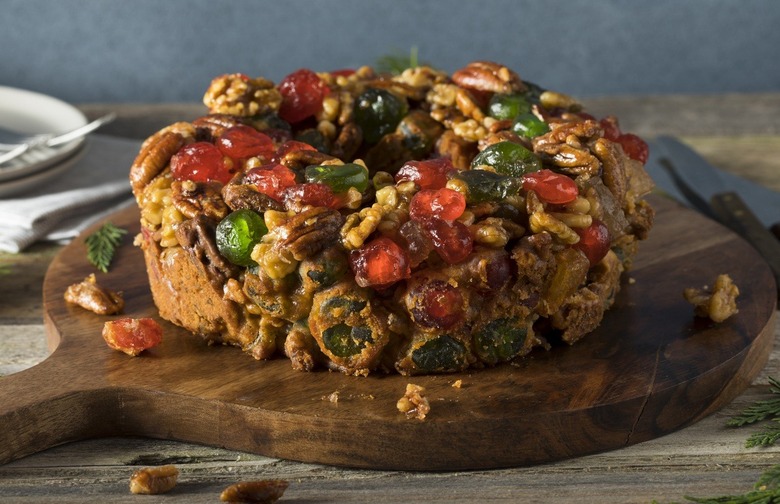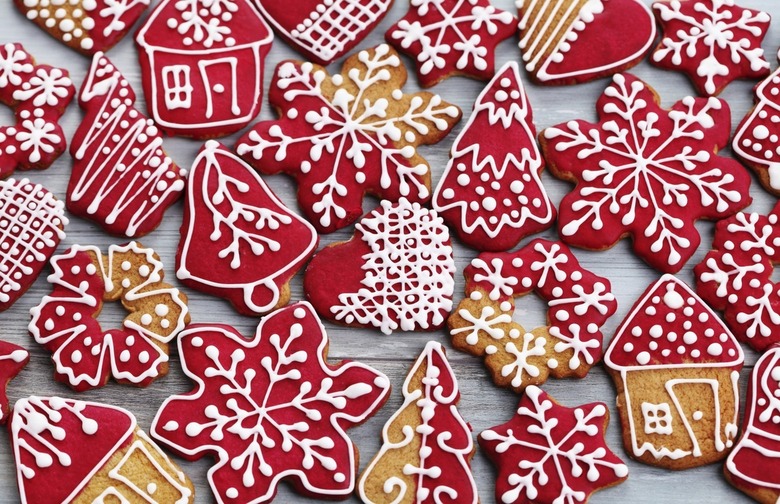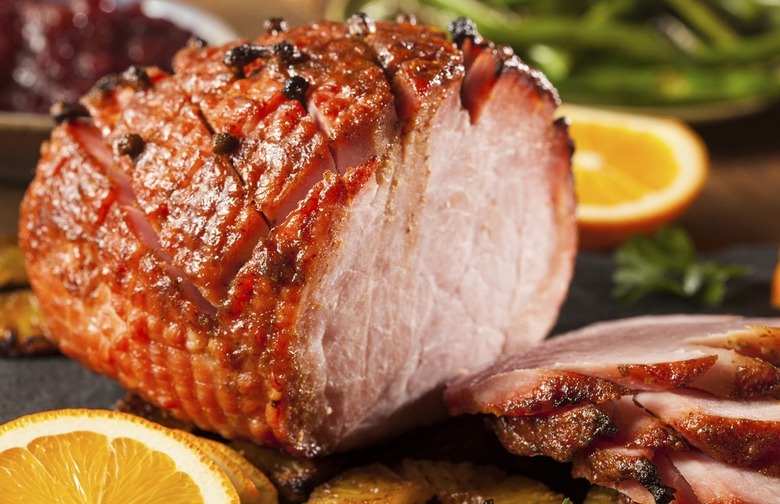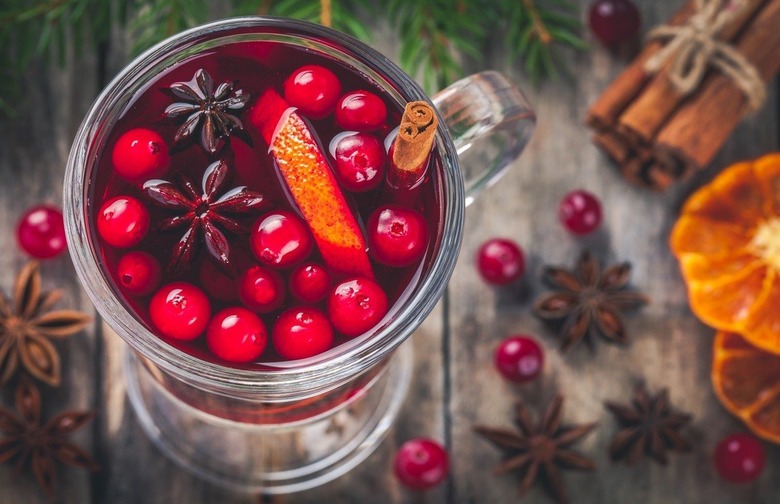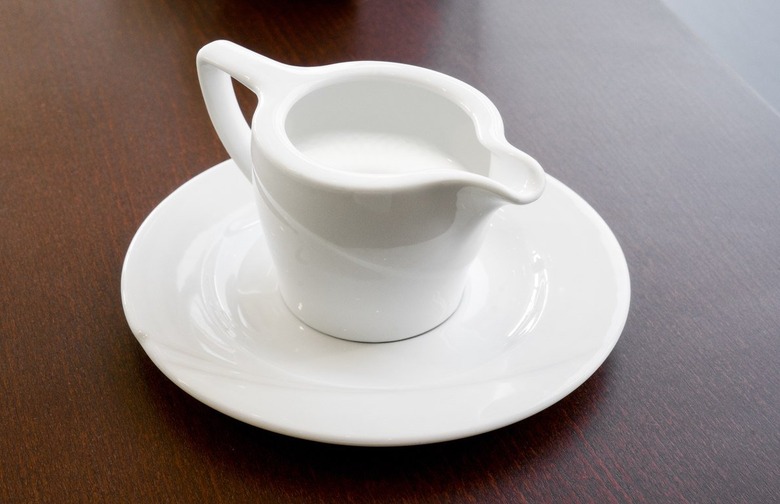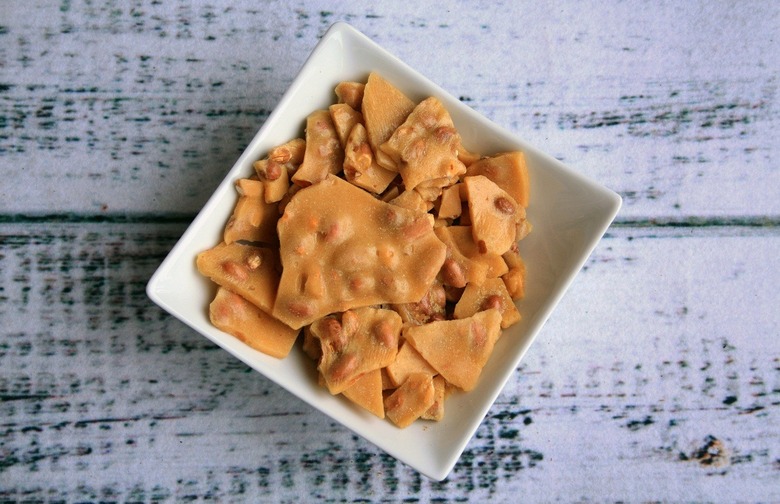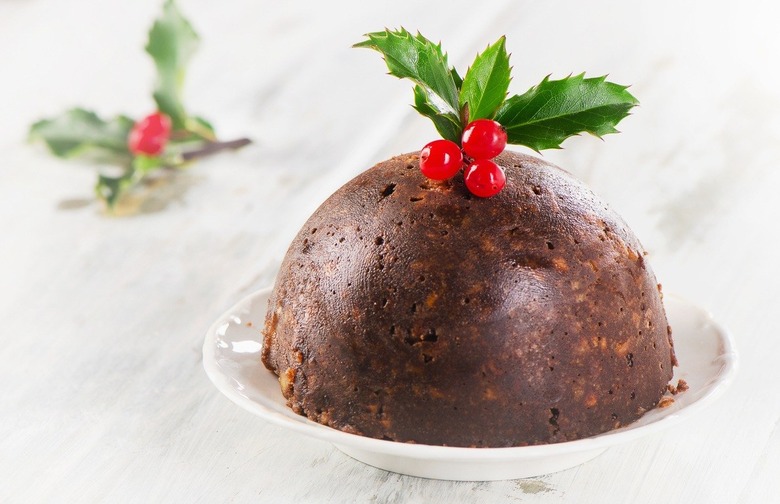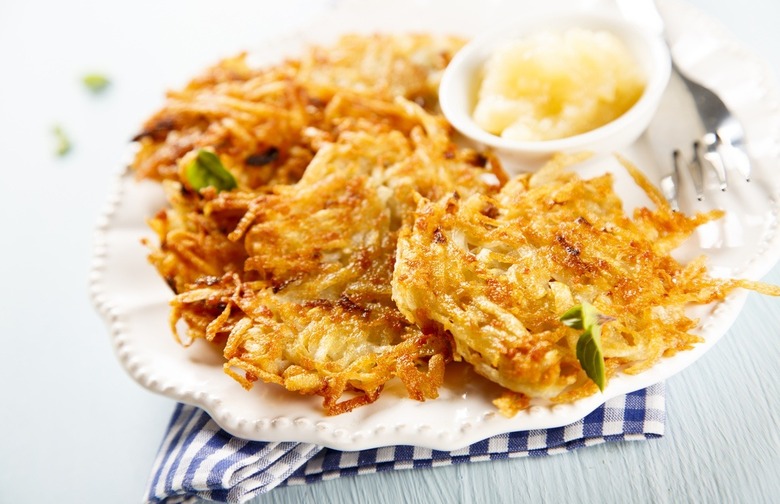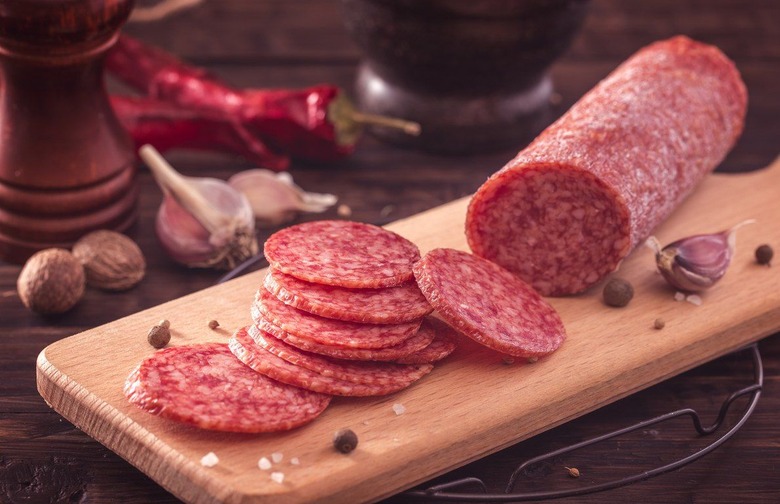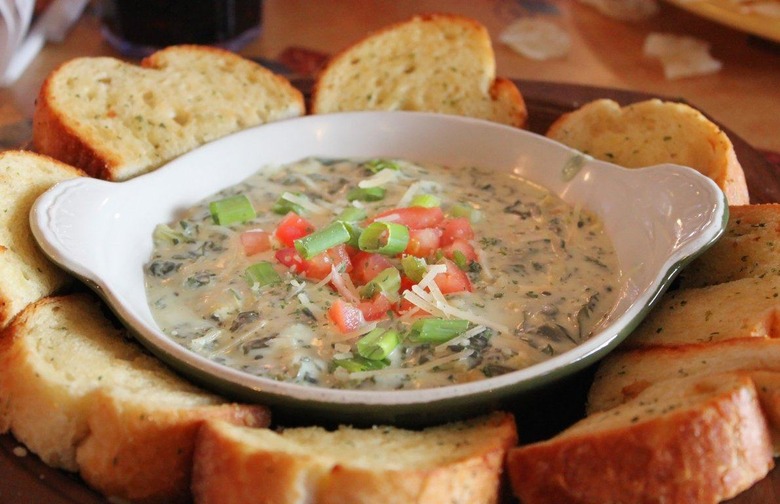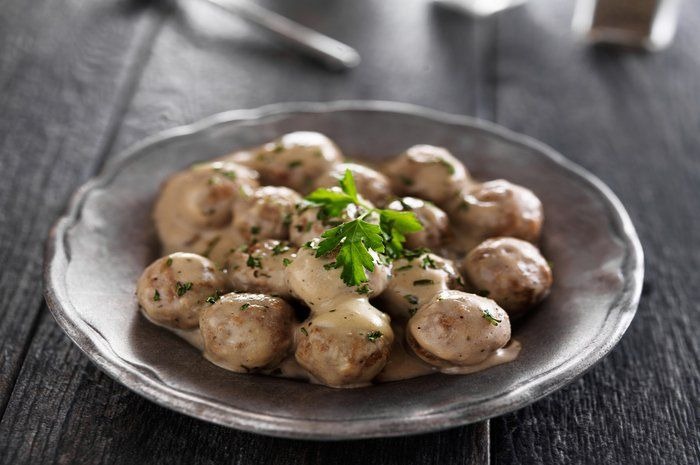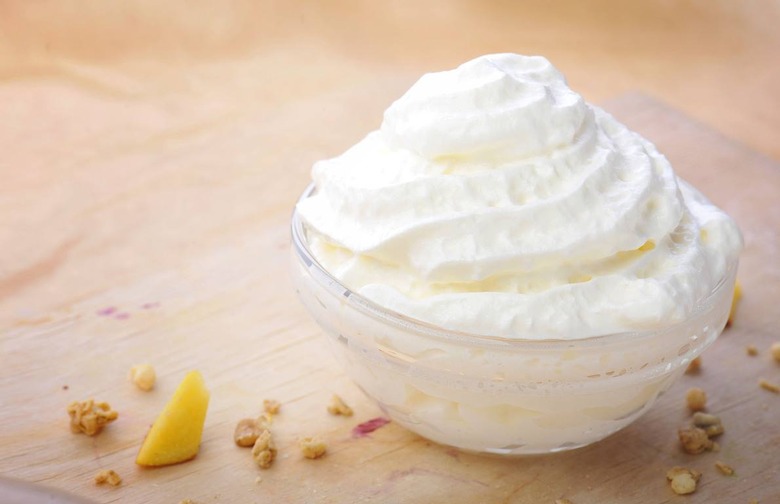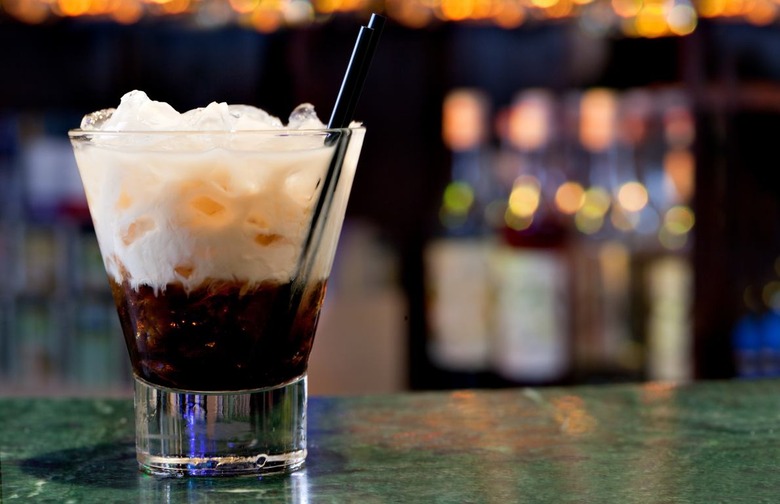The 25 Worst Things You Can Eat Or Drink This Holiday Season Slideshow
These iconic holiday treats are better left as a Christmas tree decoration. Candy canes and other hard candies are notoriously bad for you not just because they're basically pure sugar but also because they can cause chipped or broken teeth.
Cheese Balls
Oh, the infamous cheese ball, a retro appetizer whose unique combination of flavors, textures, and appearances has kept it relevant at holiday parties. Though there are numerous variations, the standard ingredients are cream cheese and/or some sort of processed Cheddar, some variety of chopped nuts, and an herbal component such as parsley or diced scallion. Often accompanied by a platter of Ritz crackers, the cheese ball is pure fat and calories. Approach this one with caution, if at all.
Cheese Straws
They may be the perfect savory snack, but cheese straws can add extra empty calories to the holiday meal. This Southern food staple traditionally uses a cookie press to squeeze out a mixture of butter, flour, salt, Cheddar cheese, and cayenne pepper.
Cheesecake
The smooth and creamy consistency of cheesecake makes it a dessert favorite, but once slice of the Cheesecake Factory's Cheery Cheesecake contains 860 calories. You're better off eating a second dinner.
Want something healthier? Click here to try this blueberry-lavender cheesecake.
Cheese Fondue
Yes, a standard cheese fondue made with shredded cheese such as Swiss or Gruyère, white wine, and sometimes cornstarch or flour is a gooey holiday treat, but it should only be consumed in moderation. Most of the calories from the cheese fondue are derived from saturated fat, but this dish can get even more caloric depending on what foods are dipped into it. Balance out the calories from the cheese by using broccoli or cauliflower to dip instead of the traditional white bread cubes.
Chocolate Martinis
As if the holidays weren't indulgent enough, you can even get tipsy while satisfying your sweet tooth. One shot of Godiva Chocolate Liqueur contains 103 calories and 11 grams of sugar: Pour in an additional shot of vodka and some chocolate syrup, and you could be sipping on a 300-calorie cocktail.
Chocolate Santas or Hanukkah Gelt
The gold-foil wrapped coins and the jolly mounds of milk chocolate will put anyone in the holiday spirit, but it might give you a sugar crash. To reduce your chance of triggering a chocolate overload, break up chocolate Santas into smaller pieces or only eat one or two pieces of Hanukkah gelt.
Doughnuts
A holiday breakfast of doughnuts (a traditional Hanukkah food) and coffee is a comfort, but doughnuts comprise three components — sugar, flour, and oil — none of which are good for you. It's OK to indulge during the festive season, but try not to make it a habit: Eating one doughnut a day for breakfast can add 1,500 to 2,000 calories to your diet for the week, which translates to about an extra pound of fat to the body.
Eggnog
The holiday season enables you to not only eat copious amounts of fat and calories, but to drink them as well. The ingredients in eggnog include whipped eggs, cream, milk, sugar, and, if you're over the age of 21, alcohol. Four ounces of the conventional, store-bought stuff contains 170 calories (half of them from fat) and more than 70 milligrams of cholesterol. Eggnog is also one of the worst holiday beverages for your dental health, too, because the sugar, alcohol, and dairy create an ideal environment for bacteria to grow.
Fruitcake
If you're looking for an excuse to avoid eating fruitcake this Christmas, here it is: The sticky-sweet nature of this high-calorie holiday tradition can damage teeth and dislodge crowns or fillings.
Gingerbread Cookies
You're better off using gingerbread as a building material than actually eating it. Molasses, brown sugar, butter, and ground spices give gingerbread its signature color and taste, but they also make these cookies calorically dense. Livestrong.com estimates that gingerbread cookies contain about 114 calories per ounce.
Glazed Ham
It's got pork, it's got sodium, it's got sugar; the glazed holiday ham is the Holy Trinity for clogged arteries. Have a serving during Christmas, but remember that you're taking in a lot of salt, sugar, and fat, which can contribute to increased blood pressure and high cholesterol.
Hot Buttered Rum
Cuddling up on the couch with a steaming mug of hot buttered rum is one of the best antidotes to cold weather, but one cup may throw off your diet for the day. According to fatsecret.com, a hot buttered rum made with brown sugar, butter, and spiced rum contains 316 calories and 38 percent of the recommended daily allowance for saturated fat.
Mulled Wine
The warmth and aromatic scent of cloves, cinnamon, and star anise make mulled wine a festive holiday beverage, but it when mixed with simple syrup or sugar, the drink becomes very caloric.
Non-Dairy Creamer
You know it's the holidays when you can spike your coffee with seasonal non-dairy creamer flavors like Marshmallow Hot Cocoa, Peppermint Mocha, Spiced Latte, and Amaretto. But non-dairy creamers raise a lot of questions: Why don't they need to be refrigerated? Why are they so white? How can something be non-dairy AND a creamer? The short answer is that the majority of them are made from partially hydrogenated soybean oil, which contains dangerous trans fats. You should probably leave them out of your next cup of coffee.
Peanut Brittle
Peanut brittle is mostly a mixture of sugar, corn syrup, butter, and peanuts, and though it's unhealthy on its own, the real damage comes from what it can do to your teeth. Brittle is hard, sticky, and chock full of sugar, which can cause a filling to dislodge.
Peppermint Mocha
It might be considered a classic holiday beverage, but routinely buying one from your favorite coffee shop is an easy way to put on pounds. For example, one chain's 16-ounce peppermint mocha with 2-percent milk and whipped cream contains 440 calories and 50 percent of your recommended daily intake of saturated fat.
Plum Pudding
Though plum pudding channels the spirit of Christmas, it's not a particularly loved dessert in the United States but is more popular in Britain and Ireland. There are no actual plums in plum pudding (plum was a pre-Victorian term for raisin), but there's tons of sugar and dried fruit, which jack up the calorie count on this dense cake.
Potato Pancakes
Potato pancakes, also called latkes, are basically an elaboration of hash browns. Potatoes and onions are shredded and combined with eggs and flour before being formed into pancakes and pan-fried. Although delicious, the pancakes soak up a lot of oil, making these classic Hanukkah snacks, frankly, no better for you than French fries.
Salami
When you come to a holiday party hungry, it's easy to fall victim to the appetizers and antipasto, but a lot of mass-produced, cured meat is unhealthy. Salami falls into the category of processed meat, which the World Health Organization has deemed as a possible carcinogen. Though not all salami is created equal, a majority of the products available in the grocery store use artificial fillers and flavorings, and are high in sodium and calories.
Shortening
Shortening is used in a number of holiday recipes from cupcakes and muffins to pie crusts and biscuits, but this butter substitute is high in dangerous trans fats. The American Heart Association has identified partially hydrogenated vegetable oils as a risk to cardiovascular health. Though butter is high in saturated fat, it's still the healthier alternative for baking.
Spinach and Artichoke Dip
Don't be fooled by the name with two vegetables: This classic appetizer is one of the unhealthiest things you can put in your mouth. The dip's foundation is usually some combination of mayonnaise, cream cheese, and sour cream — ingredients that are all high in saturated fat.
Swedish Meatballs
Swedish meatballs are a classic appetizer, but they are often served in a creamy, caloric sauce. The meatballs stay moist because they are traditionally mixed with milk-soaked bread.
Whipped Topping
If making a pie or cake this holiday season, do your best to avoid using whipped topping. Whipped topping is not called whipped cream because it doesn't contain any dairy. The first ingredient listed is actually partially hydrogenated palm kernel oil and is closely followed by corn syrup and high-fructose corn syrup.
White Russians
White Russians are like chocolate milk for adults, but don't let this cocktail hack your diet plans. They're overly sweet, will give you a nasty hangover, and contain almost 300 calories per serving.
